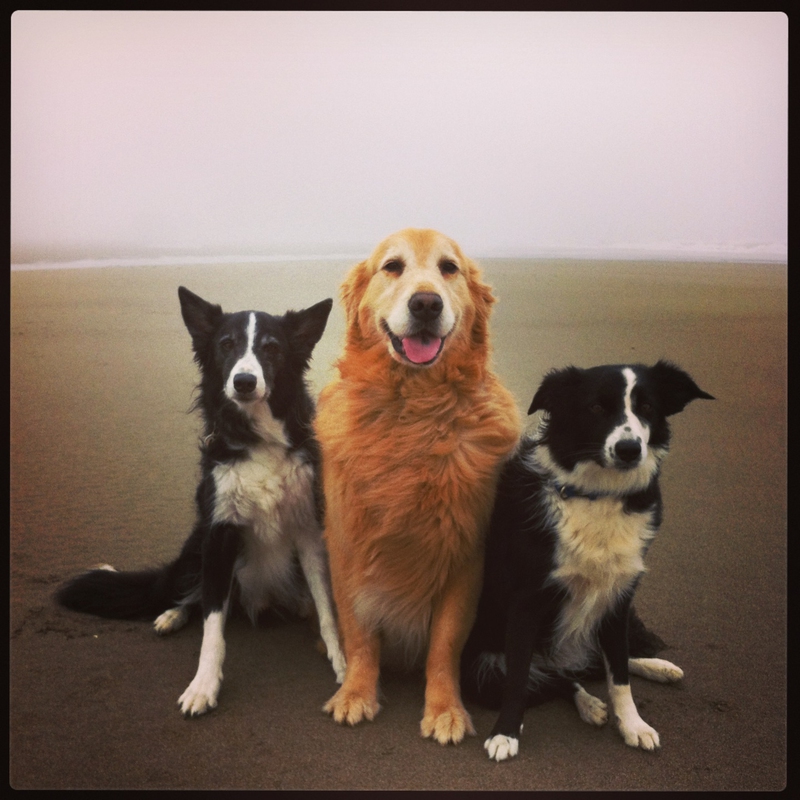Part 1
"I hate you."
Studies show that dogs are responsive to our emotions. Saying negative things to your dog is not the proper way to train him or her. Make sure that you are using positive methods of training with your dog at all times. If you do decide you no longer like your pet, then it may be time to consider rehoming them to someone else.
“Just Leave Me Alone!”
First of all you need to be realistic. Dogs are social animals by nature. They crave attention from their owners. This is especially true when they have been left alone for long periods of time while their owner is at work, etc. Taking ten minutes to pet and play with your dog will mean all the difference in the world to them, and after they have had some attention they will more than likely go lay down on their own.
“Stop or else.”
Make veiled threats won’t do any good when it comes to training your dog. Just like children, pets can sense your frustration. If you want your dog to stop doing a particular action, sometimes you have to remove them from the situation. For example, if your dog is chewing on the sofa and you tell them to stop and they persist, you might consider firmly saying stop and when the behavior continues put the dog either outside or in their kennel for a short amount of time. This will teach them that there are consequences for the behavior. The younger a dog is, the longer it takes for a lesson to sink in. This is another area where an exercise in patience comes in very handy.
“Wait until Daddy or Mommy comes home.”
Passing the buck to someone else is only going to under mind your authority and teach your pet that what you say doesn’t matter. Not only that, but dogs have a very short attention span and waiting until later to handle an issue isn’t going to do any good because more than likely they will have forgotten that they even did something and won’t have a clue why the other person is punishing them.
“Good Job or Good Boy (Girl)”
This phrase can be so overused that your dog will think everything they does will get them this type of excited compliment. This phrase is often too indiscriminate or vague. If you are going to use this phrase, associate it with the behavior. For example, you could say “Good job, you went potty outside.” Typically, words like potty and outside will have meaning to your dog if they have been trained as such. Using positive reinforcement when they exhibit specific behaviors encourages them to keep doing that behavior.
“Hurry up.”
It is important to keep in mind that you are dealing with an animal that has a will of their own and they don’t have the first clue what “hurry” means.
“Stop that or I will spank you!”
You should never strike your dog. This sends an improper message and in some cases it can break their spirit. There are more positive ways to train your pets and to get them to exhibit well-mannered behaviors.
“_____ you know better than that!”
Most often pets don’t know better because they haven’t been properly trained. Even with the very best training, they can forget. Take time to exercise patience where your pets are concerned and offer gentle reminders so that they continue to learn in a positive way.
“Don’t Cry.”
Pets do get upset and they do cry, especially when they are unable to fully articulate their feelings. In addition to feeling sad, pets can also become frightened. It’s natural to want to protect your pets from these types of feelings. Dogs are emotional animals, and learning to properly respond to what your pet is feeling can truly help you build a better relationship with them.
“You are such a pain!”
You know it’s true what they say, having a dog is a lot like having a child. They take a great deal of patience and work. Therefore it stands to reason that sometimes, taking care of them can be a bit of a pain so to speak. Before becoming a pet owner, you should understand that and if you are already a pet owner, it is something you should just learn to come to terms with.


View All Comments /Add Comment